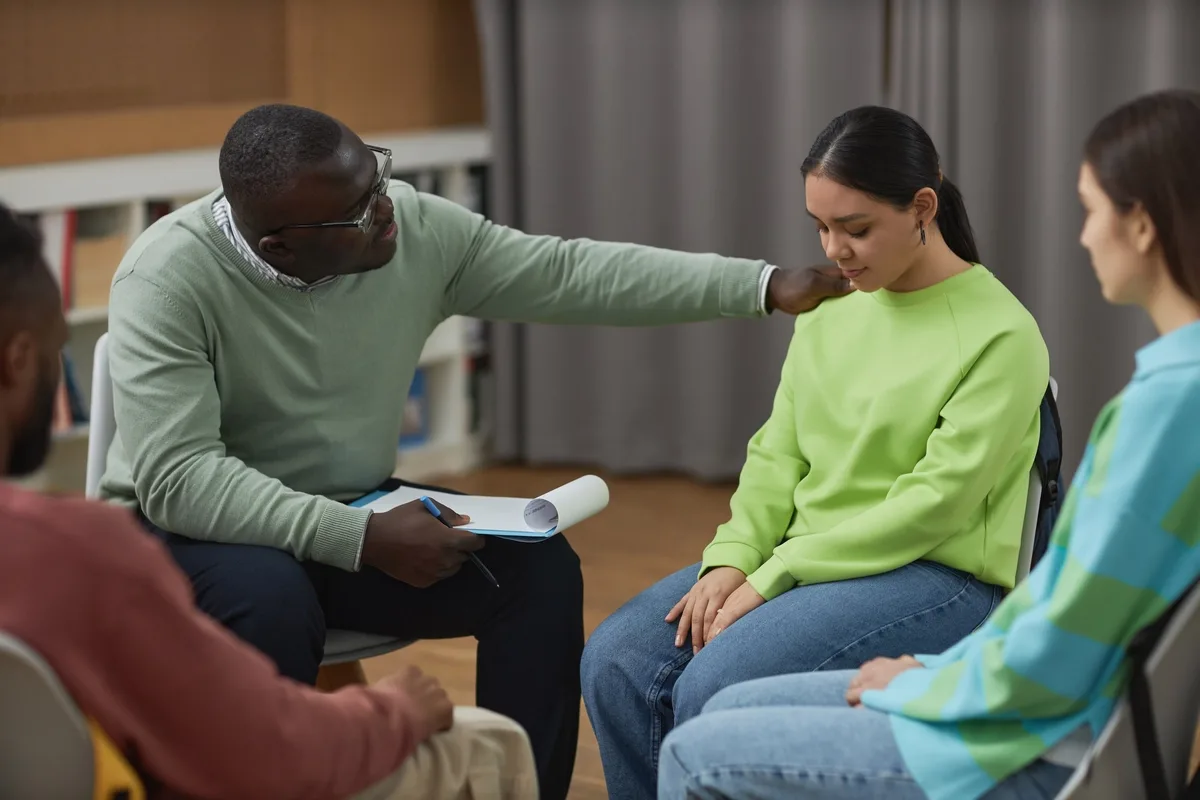24/7 Helpline:
(866) 899-221924/7 Helpline:
(866) 899-2219
Learn more about Couples Rehab centers in Canoga Park
Couples Rehab in Other Cities

Other Insurance Options

Molina Healthcare

WellCare Health Plans

EmblemHealth

United Health Care

BlueShield

UMR

State Farm
Beacon

Self-pay options

Ambetter

BHS | Behavioral Health Systems

WellPoint

Kaiser Permanente

ComPsych

Evernorth

Health Net

Lucent

Coventry Health Care

Medical Mutual of Ohio

MHNNet Behavioral Health

Wisdom Treatment Center
Wisdom Treatment Center is a private rehab located in Canoga Park, California. Wisdom Treatment Cent...

Looking Glass Counseling
Looking Glass Counseling is a private rehab located in Canoga Park, California. Looking Glass Counse...

Valley Women’s Center
Valley Women’s Center is a private rehab located in Canoga Park, California. Valley Women’s Center s...









